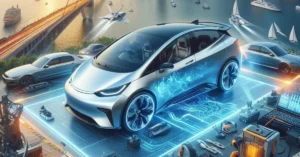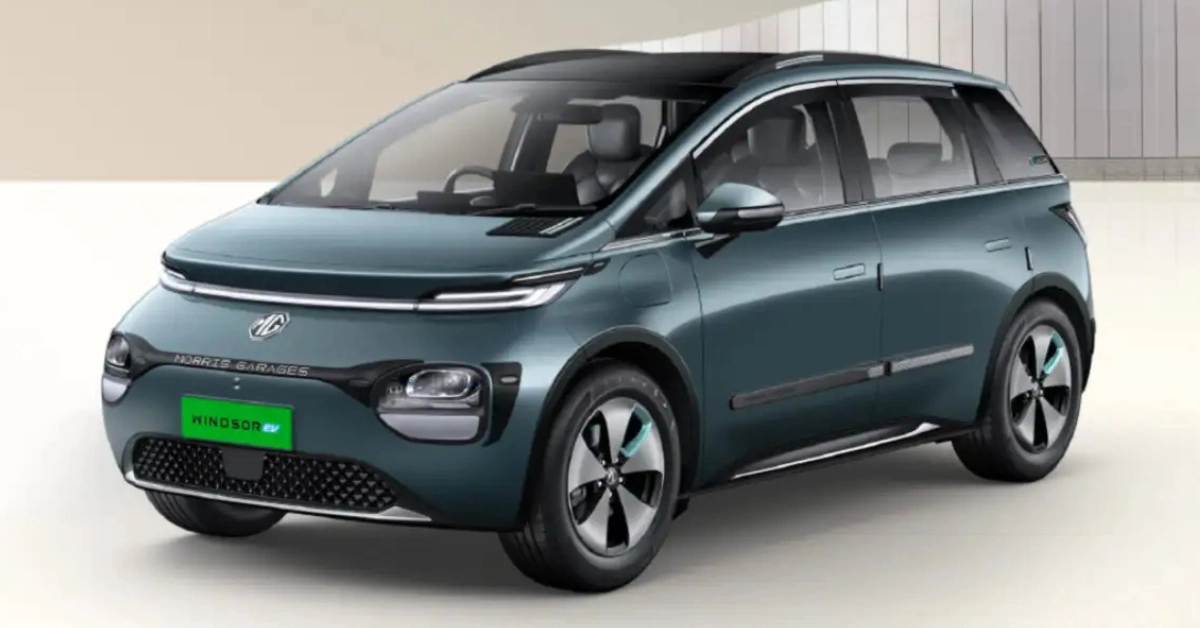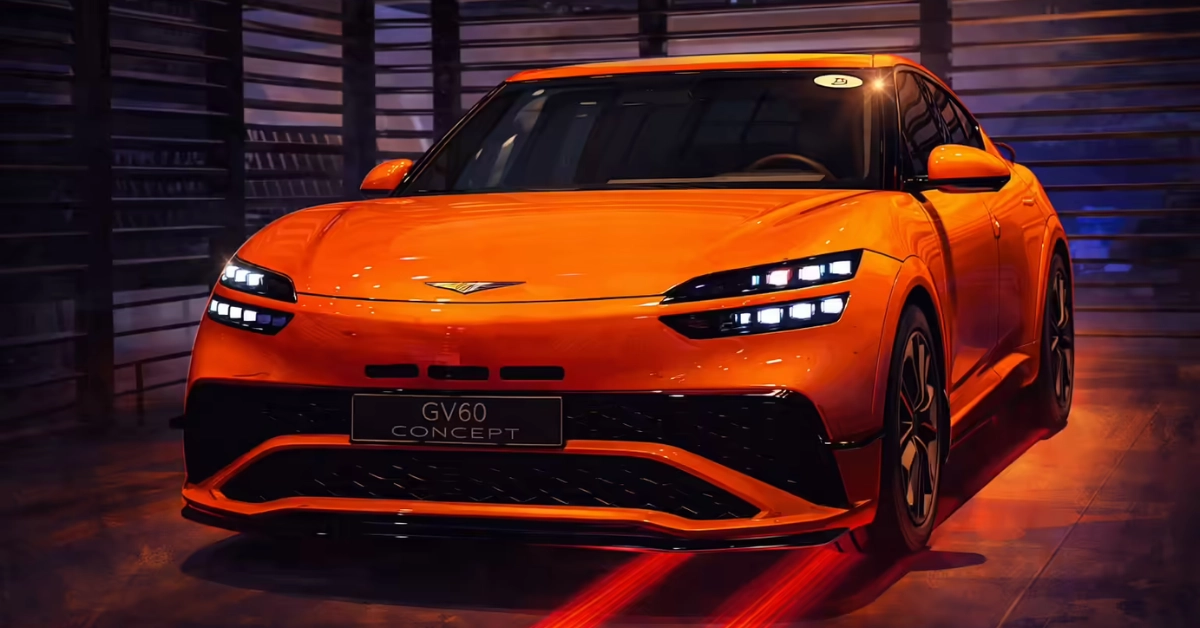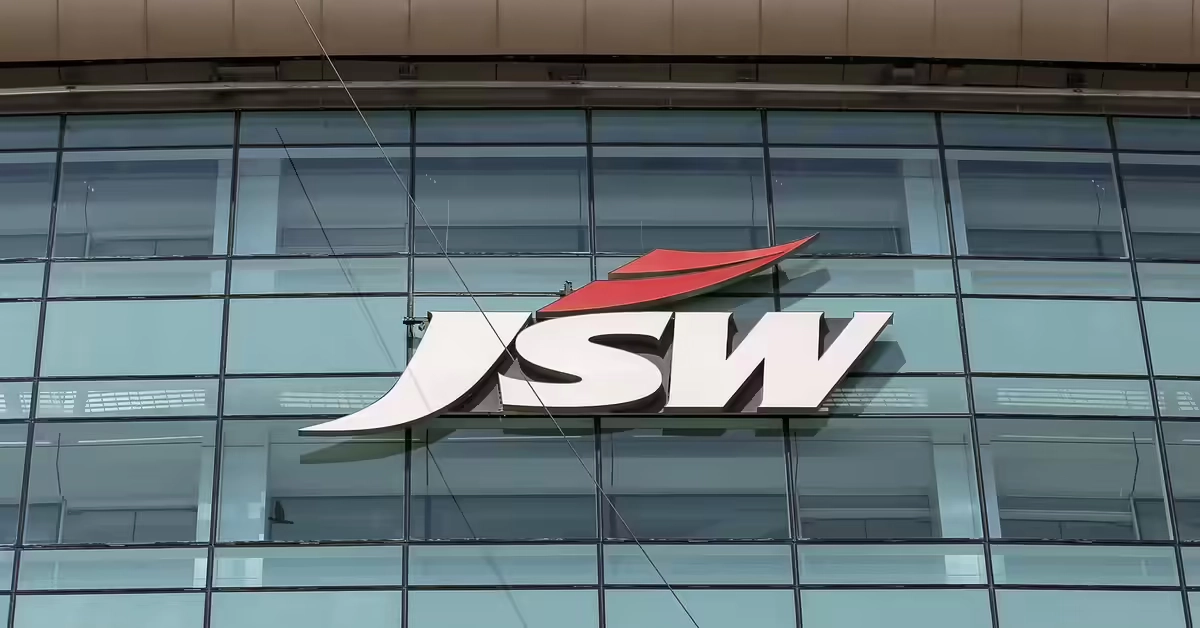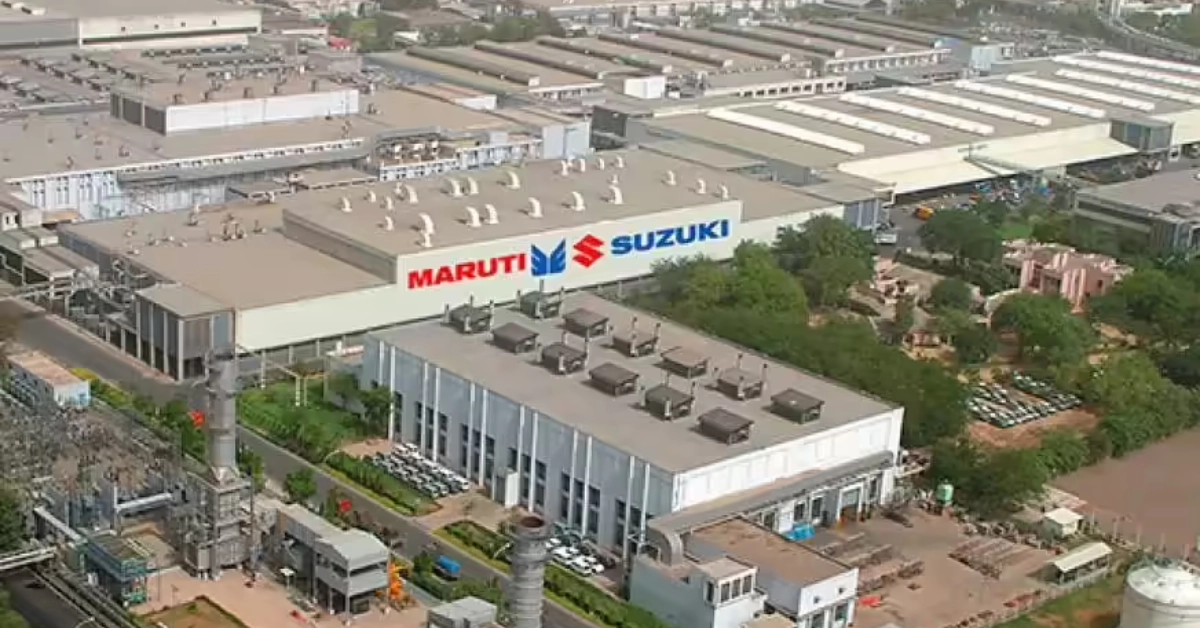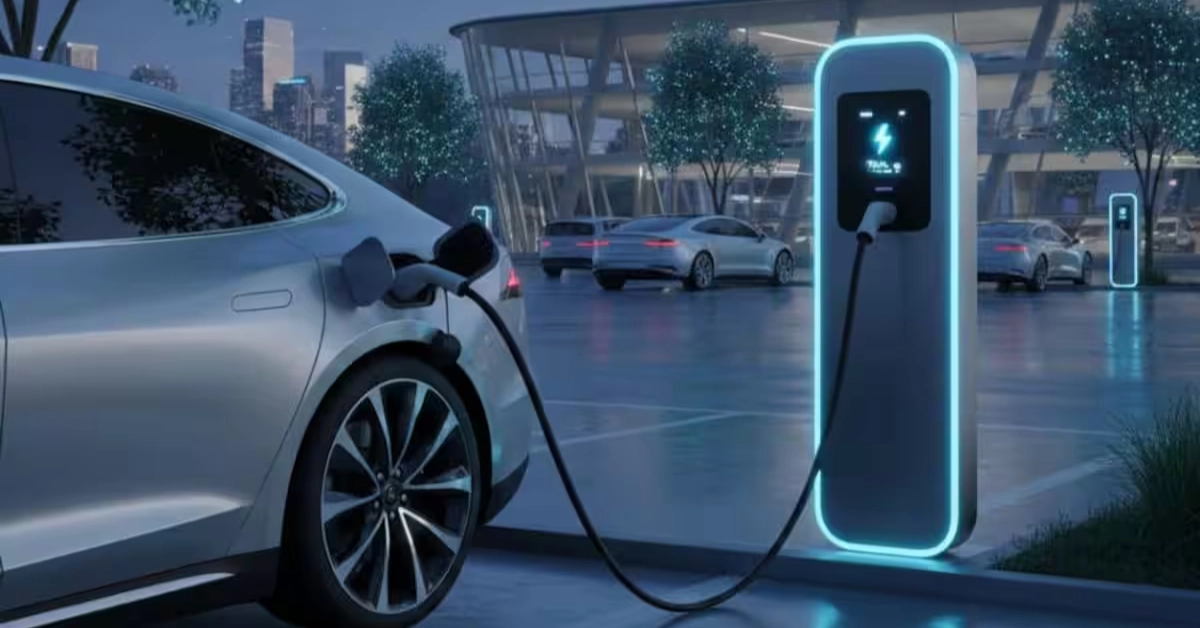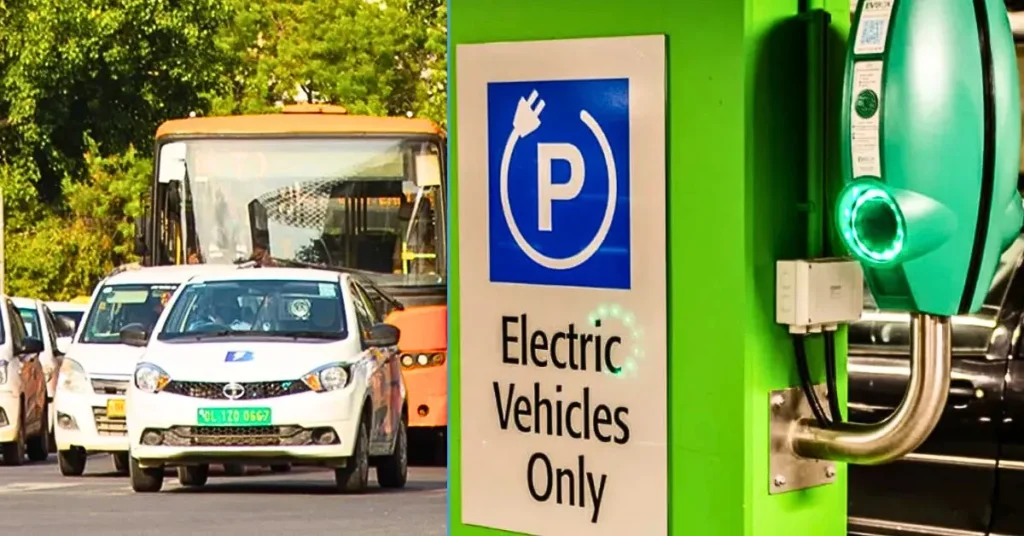
Overview
- Infrastructure Boost: State plans 3,079 public EV charging stations by November 2025, up from 1,180 high-speed ones, to support 5.69 lakh registered EVs (second-highest in India).
- Policy Goals: Targets 30% EV registrations by 2030, with stations every 25 km on highways, at fuel stops, and MSRTC depots via oil company MoUs.
- Current Snapshot: Bureau of Energy Efficiency reports 3,836 public stations, but experts cite a 1:300 charger-to-EV ratio (vs. global 1:15), hindering adoption.
- Expert Critique: Thunderplus Group’s Rajeev YSR calls for subsidies on power infra costs (40% of setup) and PPPs on public land to make projects viable.
- Implementation Hurdles: Delays in Pune (e.g., Swargate depot on hold due to monsoons); reliability issues on expressways deter longer trips for owners like Jayant Badwe (250 km range EVs).
- Comparative Data: Uttar Pradesh (11.55 lakh EVs) has 2,999 stations; Karnataka (4.75 lakh EVs) leads with 5,871.
- Call for Speed: Transport Minister Pratap Sarnaik urges faster rollout, adding stations at private sites, but experts demand more to match growth.
Maharashtra Gears Up for EV Boom: 3,079 Charging Stations by November, But Is It Sufficient?
Pune, October 18, 2025 – Maharashtra is accelerating its electric vehicle push, aiming to deploy 3,079 public charging stations by November 2025, announced Transport Minister Pratap Sarnaik. With 5.69 lakh EVs registered—the second-highest in India after Uttar Pradesh—this expansion targets the state’s 30% EV registration goal by 2030. Yet, experts warn the plan falls short of needs, with a dismal charger-to-EV ratio stifling adoption in a market hungry for reliable infrastructure.
A Step Forward Amid Rising Demand
Sarnaik highlighted the initiative as key to easing owner concerns. “We’ve set up 1,180 high-speed stations, and this will exceed 3,000 by November, strengthening EV infrastructure,” he told TOI. The policy mandates stations every 25 km on major highways, at fuel stations, and MSRTC bus depots, via MoUs with oil companies. In Mumbai Metropolitan Region, some ST depots already have chargers, with expansion underway. A transport official noted, “These are in addition to private setups, pushing totals beyond 3,000, but we need more and faster action.”
The Numbers Game: Maharashtra vs. Peers
Bureau of Energy Efficiency data paints a mixed picture: Maharashtra boasts 3,836 public stations, but Uttar Pradesh (1.155 million EVs) lags at 2,999, while Karnataka (4.75 lakh EVs) shines with 5,871. Globally, the ratio is 1 charger per 15 EVs; India’s is 1:300—a gap experts say breeds “range anxiety,” especially for 250 km-range models on expressways.
Expert Warnings: Infrastructure Lag as Major Roadblock
Rajeev YSR, CEO of Thunderplus Group, decried the shortfall. “Inadequate charging is the biggest barrier. With larger batteries and faster needs, public fast chargers are vital, yet high-rises ban home setups. Setup costs are unviable—40% for power infra like demand charges and deposits. Subsidies and PPPs on government land (depots, stations) could accelerate nationwide expansion,” he urged. The global benchmark underscores the urgency: without it, EV growth stalls.
Ground Realities: Delays and Reliability Woes
Implementation faces hurdles. At Pune’s Swargate MSRTC depot, plans are paused for post-monsoon work. “PMC asked us to wait; underground cables are ready, but digging now disrupts commuters. No other Pune depots planned yet,” said Divisional Controller Arun Siya. Owners echo frustrations: Koregaon Park’s Jayant Badwe, a recent EV buyer, sticks to diesel for Mumbai trips. “Even with 250 km range, expressway stations are often down. The government must move faster,” the businessman said.
Policy in Motion: Towards 2030 Vision
Maharashtra’s EV policy, launched earlier 2025, integrates charging into broader incentives like FAME-II and PM E-Drive (₹2,000 crore for 72,000 stations). Private additions are encouraged, but experts call for streamlined approvals and cost waivers. With 30% EV targets, bridging the infrastructure gap is crucial—especially as Maharashtra’s registrations surge 50% year-on-year.
As India eyes 10 million annual EV sales by 2030, Maharashtra’s push is pivotal, but experts insist: scale up, subsidize, and prioritize reliability to truly electrify the state.
News Source: timesofindia.indiatimes.com
Read more about EV Car News
Also Read
- MG Windsor Big Discounts Jan 2026: First-Ever Offers Make It Cheaper Than Launch Price
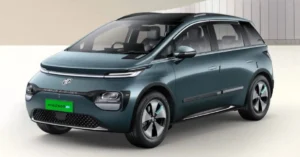
- JSW Motors To Enter Passenger Car Space In June With Rs 45 Lakh Plug-In Hybrid SUV
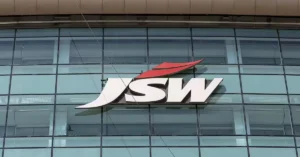
- Maruti Suzuki Second Car Plant Gujarat Investment: ₹4,960 Crore for 10 Lakh Unit Capacity
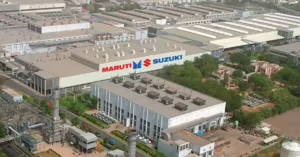
- India’s EV Sales Reach 2.3 Million Units in 2025, 8 Percent of New Vehicles: Strong Growth Led by Two-Wheelers
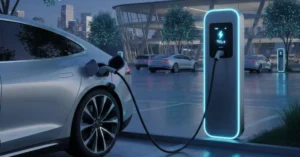
- VinFast Off to a Fast Start, Crosses 1k EV Sales in India: Milestone in Just Four Months
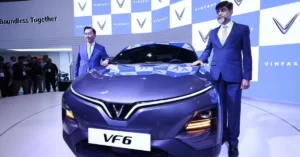
- What Happens To EV Battery After End-Of-Life?
